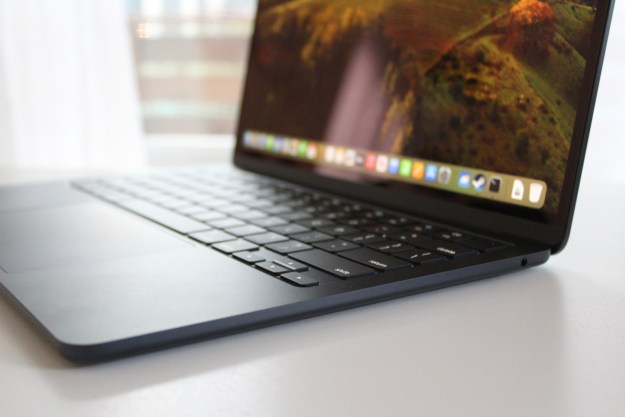A malware Mac package slipped past Apple’s verification process, a new report finds. As per security researcher, Patrick Wardle, Apple inadvertently approved a malicious desktop app that was disguised as an Adobe Flash installer to trick users.
Apple allows Mac users to install apps from sources outside of its own App Store. However, to ensure this policy doesn’t end up infesting Macs with viruses and malware, the company has a process called “notarization” that scans apps for security issues. Developers are required to submit their code prior to distribution for approval. If an app is unable to get past this verification stage, it is automatically blocked by Mac’s built-in screening program, Gatekeeper — irrespective of where it was downloaded from.
Wardle discovered that a popular malware called Shlayer, which security firm Kaspersky labeled as the most common threat that Macs faced in 2019, featured snippets of code that were officially notarized by Apple. Therefore, if someone downloaded and tried to run this on their Mac, they wouldn’t be alerted through any warnings. Shlayer is an adware that can intercept your web traffic and replace the webpages you try to load with its own malicious ads.
Apple’s review process couldn’t detect the malware and green-lighted it to run on all macOS versions, even Big Sur that is currently in beta.
“As far as I know, this is a first: malicious code gaining Apple’s notarization ‘stamp of approval’,” Wardle wrote in the blog post.
Since it was reported, Apple says it has patched and revoked the notarized payloads. Soon after that, however, the same group of attackers somehow released a new, notarized package — which Apple confirmed has been banned as well.
“Malicious software constantly changes, and Apple’s notarization system helps us keep malware off the Mac and allows us to respond quickly when it’s discovered,” Apple commented in a statement to Digital Trends. “Upon learning of this adware, we revoked the identified variant, disabled the developer account, and revoked the associated certificates. We thank the researchers for their assistance in keeping our users safe.”
Editors' Recommendations
- The 6 key things Apple must fix in the next version of macOS
- MacBook Pro OLED: Here’s everything we know so far
- These 6 tweaks take MacBooks from great to nearly perfect
- How to take a screenshot on a Mac
- MacBook Pro 16 vs. MacBook Pro 14: The important differences


